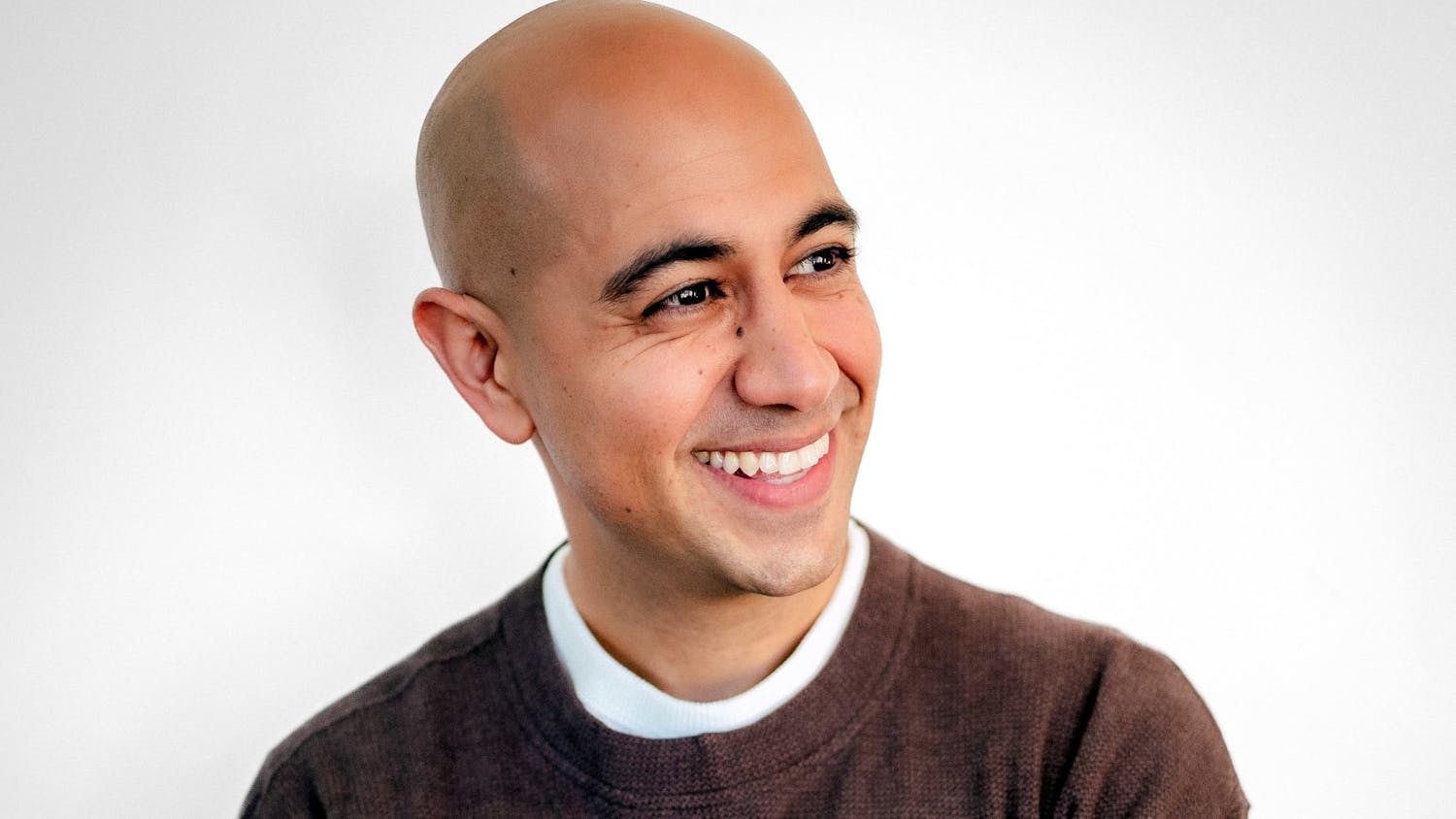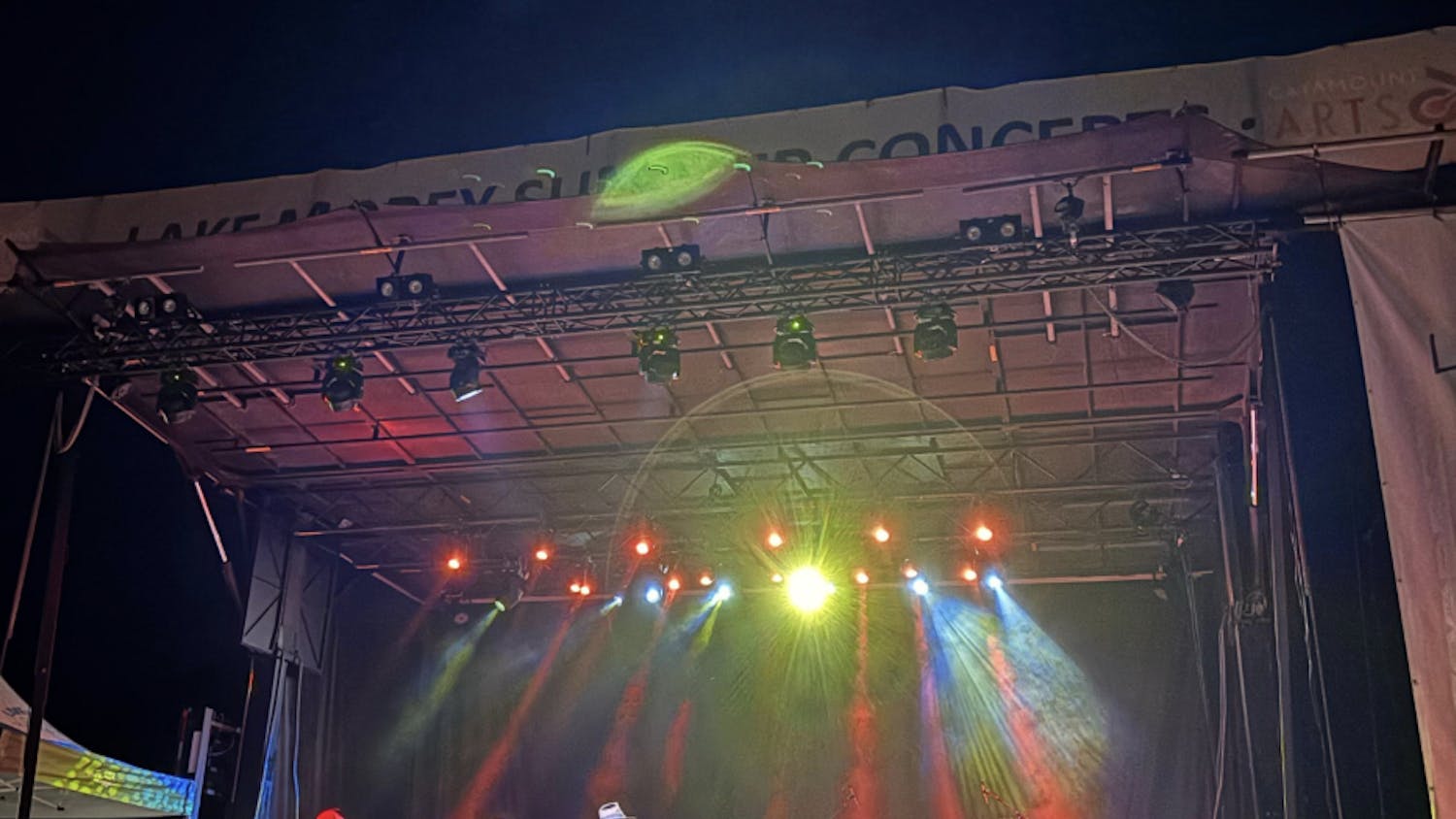On a special tour through America, the Academy of Ancient Music enchanted a full audience of concertgoers last night in Spaulding Auditorium.
Conducted by Christopher Hogwood and joined by fortepianist Robert Levin, the performance was a beautiful blend of classical performance with a contemporary approach to perfection.
The repertoire included a number of brilliant pieces from the everlasting scribe, Mozart.
Bringing together a world-renowned ensemble of performers, the Academy represents a traditional approach to playing music. It has allowed its pieces and their composers to remain alive and vibrant into the 21st century.
The Academy stands on a long tradition of playing traditional music, especially from the Baroque period, on a range of period instruments.
In recent years, the famed director Christopher Hogwood has been accompanied by Paul Goodwin (Associate Conductor) and Andrew Manze (violinist and Associate Director).
Last night's program included "Overture to Marriage of Figaro" K492, "Piano Concerto No.24 in C minor," "Three Dances from the ballroom scene of Don Giovanni," "Haffner March in D major No.2" and "Symphony No 35 in D major."
The performance began with an incredible rendition of the overture to "Le Nozze di Figaro." The opening number established the benchmark for the rest of the concert.
While the premiering piece was portrayed with an unmatched degree of precision and beauty, the Academy had a lot more to offer.
The premiere of the second piece, "Piano Concerto No. 24 in C Minor," was marked by the introduction of world-renowned pianist, Robert Levin.
Rather than use a traditional piano or harpsichord, Levin played an instrument that looked like a harpsichord but had the soul of a piano.
As the "Piano Concerto" began it was initially difficult to understand the significance of the accompaniment.
However, as soon as the high pitches of the violins and flutes subsided, the beauty and majesty of Levin's performance came to fruition.
Levin vibrantly stroked each note and key with a degree of confidence that few performers could ever achieve. As he played, it became clear that he owned the performance.
The beautiful cadences of the concerto were expressed through Levin's heartfelt emotion and accuracy. By the end of the piece, Levin stood in front an audience that had been energized by his performance.
Founded in 1973 by Christopher Hogwood, the Academy has become one of the most prominent and well-established chamber ensembles in the world.
The Academy has grown to increase its repertoire to a range of music that covers centuries-old pieces as well as more contemporary ones.
While the actual scores may not have been as "ancient" as one may have thought, they certainly allowed the audience to travel back to a time when classical and baroque music filled the concert halls of the world.
The Academy managed to bring the classical works of Mozart into the modern world without changing the significance of the pieces. Each was a classical rendition of times past and a remembrance of the majesty of music.



